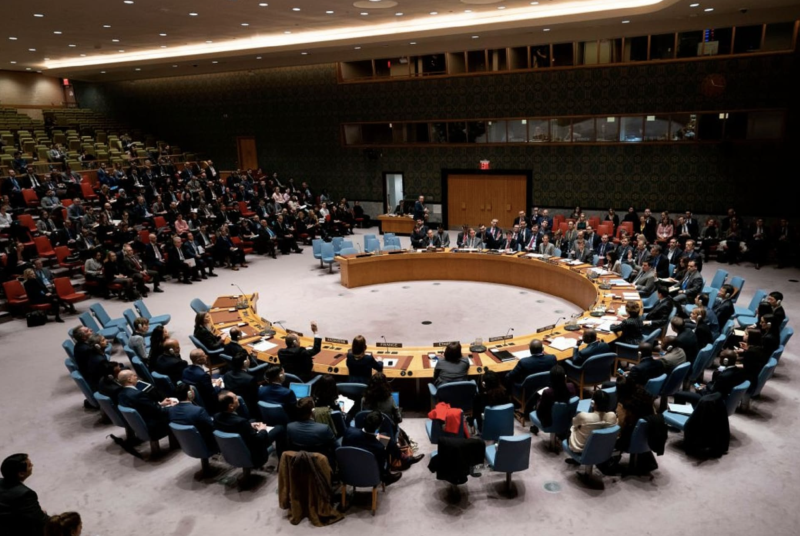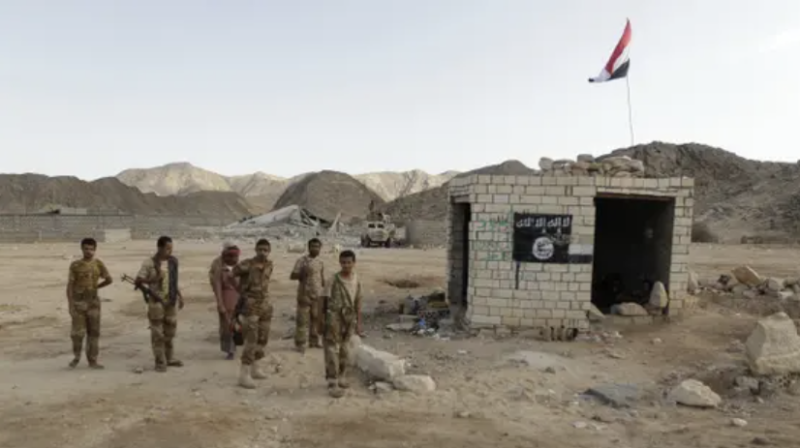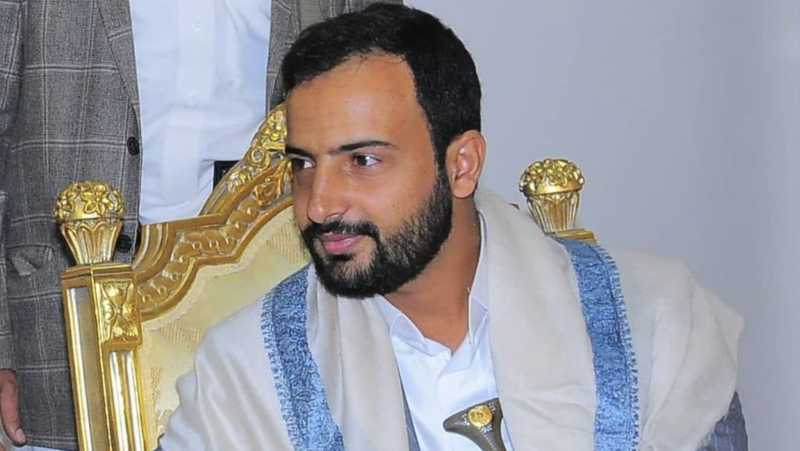Yemen’s president, Held by Rebels, Leaves Capital


To hear the Houthi militants who control this capital describe it, the country’s former president escaped from house arrest on Saturday by dressing as a woman, wearing a long black chador covering all but his eyes.
One Western official recounted a story he had heard: that the leader then climbed into a food truck, negotiating the Houthis’ scores of armed checkpoints through the capital and along hundreds of miles of highway undetected amid frozen meat.
Alternatively, all of that was just so much face-saving spin, in the view of many observers here, and the Houthis, possibly with tacit support from the United Nations, simply allowed the former president, Abdu Rabbu Mansour Hadi, to leave his home as part of the negotiations to reach a political agreement among the country’s feuding parties.
Whether he escaped or was let go, by the end of Saturday, Mr. Hadi was in his hometown, Aden, in southern Yemen, where anti-Houthi and secessionist sentiment runs strong.
It was the latest chapter in the political unrest that has convulsed Yemen for months now, raising concerns that the crisis will undermine Yemen’s longstanding cooperation with the United States’ counterterrorism campaign here and help strengthen Yemen’s dangerous branch of Al Qaeda.
Mr. Hadi, along with most of his cabinet members and his prime minister, had been under house arrest since their resignation Jan. 22, and the country has been leaderless since then, although the Houthis have control of the military, the capital and large swaths of northern and central Yemen.
On the eve of Mr. Hadi’s escape, or release, the Houthis and their political rivals reached a United Nations-mediated agreement on forming a joint legislative council, the first sign of a breakthrough in protracted talks to try to form a new government.
Traveling overland in a convoy of dozens of vehicles, Mr. Hadi reached Aden by afternoon and took up residence in the presidential palace there, according to Agence France-Presse. Witnesses said the convoy was unarmed, raising questions about why Houthi militants and military units they control did not interfere with it.
Jamal Benomar, the United Nations mediator in Yemen, said in a statement posted on his Facebook page, “The United Nations had no involvement with President Hadi leaving Sana for Aden.”
In a unanimous resolution last week, the United Nations Security Council demanded the release of Mr. Hadi and his cabinet members.
Once in Aden on Saturday, Mr. Hadi called on the Houthis to release the remaining members of his cabinet from house arrest and to meet with him and other political figures in a city, like Taiz or Aden, that is not under their control, according to Al Jazeera, which read from a statement attributed to Mr. Hadi. He also called the Houthi takeover a coup and signed the statement as president, suggesting that he had withdrawn his earlier resignation, which he gave while he was besieged by Houthi militants.
Houthi spokesmen declined to comment on Mr. Hadi’s departure. The Guardian quoted a Houthi spokesman, Ali al-Gohoum, in the group’s base in the northern city of Saada as saying that Mr. Hadi had sneaked out of his home by disguising himself as a woman. All Yemeni women routinely wear the full-length black abaya, which covers everything but their eyes.
A United Nations official, who spoke on the condition of anonymity because of the delicate nature of the discussions, said officials had expected the Houthis to release Mr. Hadi once there was a political agreement.
That agreement provides for the formation of a national council, composed of the existing Parliament plus a new interim council, which would pass legislation intended to pave the way for a new government. But it does not provide for choosing a new president or cabinet.
The interim council would include Houthis and member of other Yemeni factions who felt disenfranchised under the Hadi government— a major complaint of the Houthi militants who took control of Sana in September.
That council would also draw 50 percent of its members from southern Yemen. Many leaders in the south have warned of the danger of secession if the Houthis maintain control of the central government. The Houthis are members of a northern tribal-based faction, dominated by adherents of the minority Zaydi sect, an offshoot of Shiite Islam. Most Yemenis are Sunni.
Since forcing Mr. Hadi from power, the Houthis have been increasingly isolated internationally, as the United States and nearly all other Western countries shut their embassies. Saudi Arabia, which views the Houthis as an Iranian-sponsored force, also closed its embassy, underscoring its threat to withhold $4 billion in annual aid to Yemen as long as the Houthis are in power.
NY Times

NewYork -- The United Nations Security Council has urged all parties in Yemen to de-escalate tensions and intensify diplomatic efforts to end the c…

Marib — A senior al-Qaeda commander was killed Tuesday in a suspected U.S. drone strike in Yemen’s northern province of Mareb, accordin…

London — The United Kingdom has announced new sanctions targeting Hussein al-Houthi, son of Abdulmalik al-Houthi, leader of the Houthi militi…